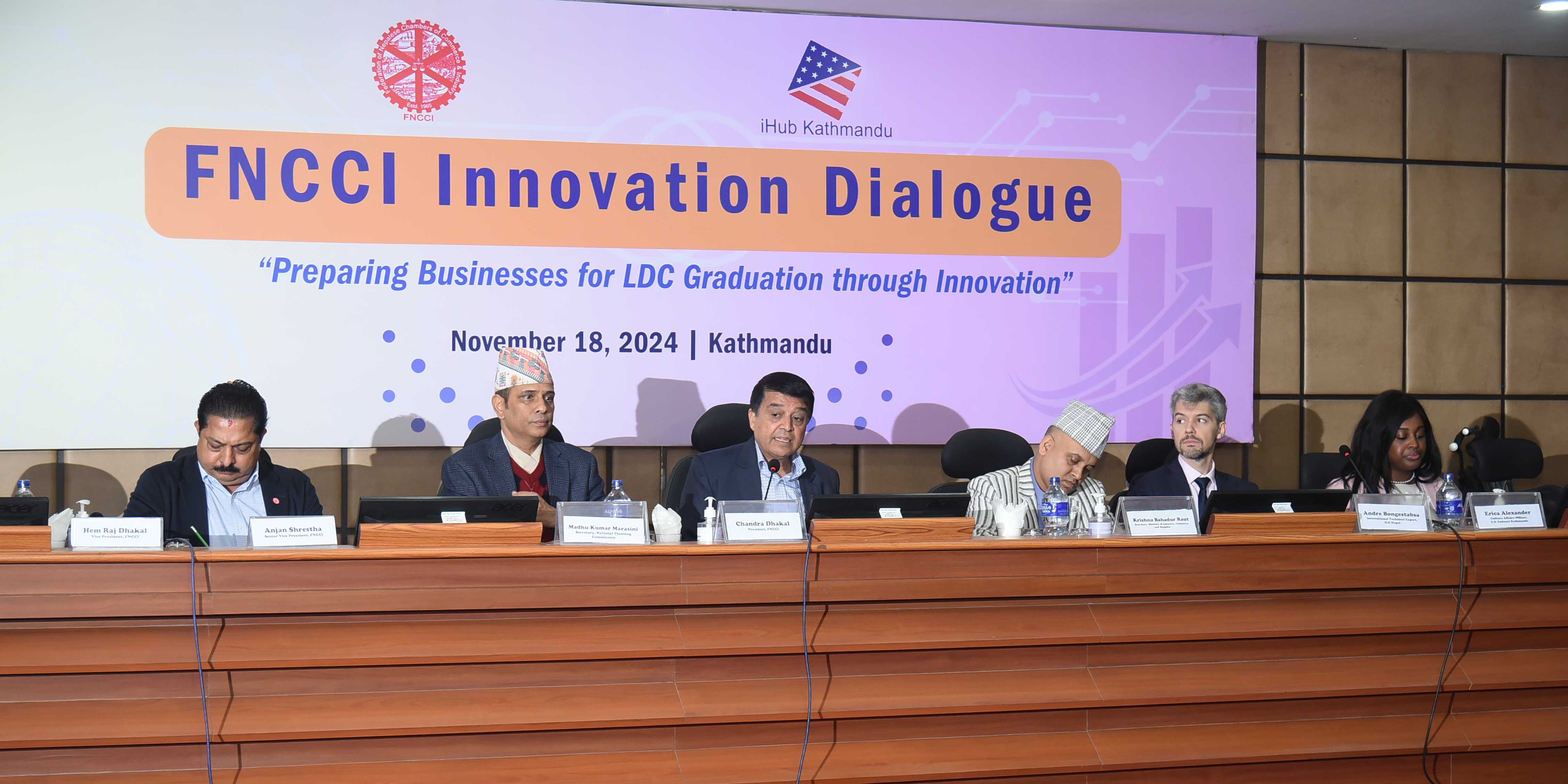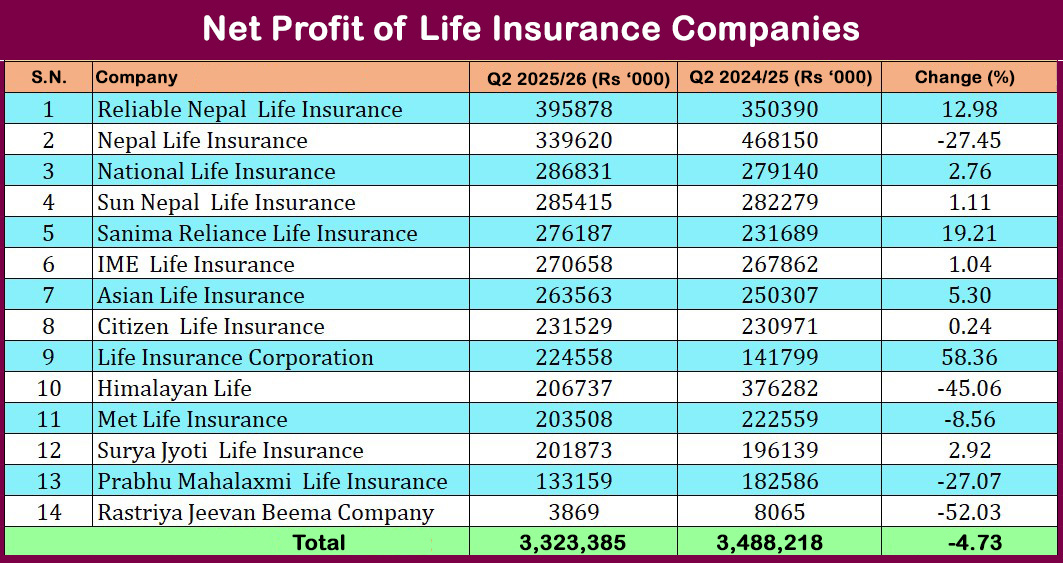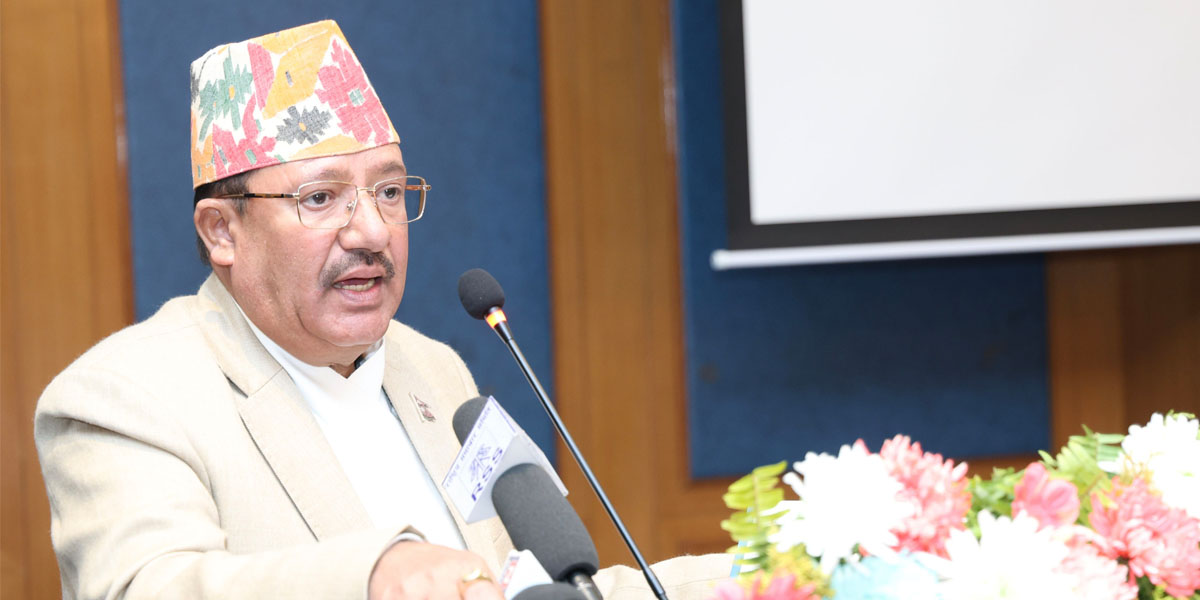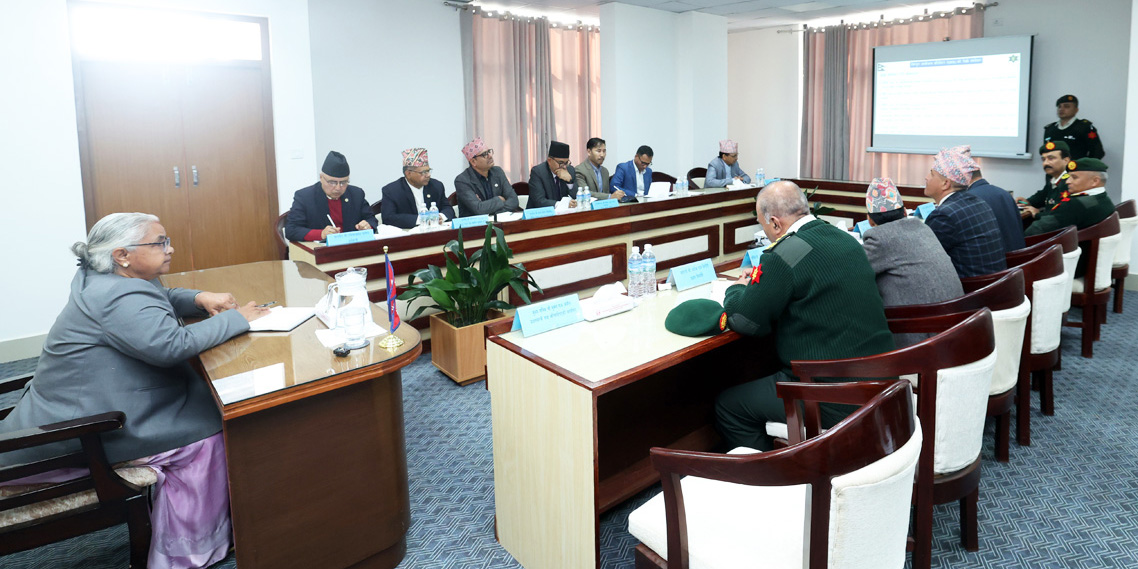
KATHMANDU: Stakeholders have emphasized the importance of fostering innovation and supporting small and medium enterprises (SMEs) to tackle emerging challenges as Nepal prepares to transition from a least developed country to a developing country status by November 2026.
Speaking at the FNCCI Innovation Dialogue held in Kathmandu on Monday, Federation of Nepalese Chambers of Commerce and Industry (FNCCI) President Chandra Prasad Dhakal emphasized the importance of collaboration between the government and private sector to mitigate impacts on small, medium, and micro enterprises. Stating that domestic demand has seen a prolonged decline, Dhakal stressed the need to invest in innovation to meet international challenges.
Participating in the discussion, stakeholders said the government should make strategic preparations as Nepal will lose duty-free benefits in developed countries after its graduation from least developed country status in 2026. They also said businesses must focus on producing high-quality products to compete internationally and meet market demands. Likewise, they requested the government to simplify the tax system, make business registration more accessible, and provide necessary support services to the private sector
Meanwhile, a new Small and Micro Enterprise Development Center has been established within the FNCCI to support entrepreneurs. The center will provide skills training and technological support, offer market management and financial guidance, assist with business strategy development, facilitate market expansion through trade fairs and exhibitions, provide consulting services for business operations, support business registration and regulatory compliance, and encourage innovation and competitive advantages, according to the FNCCI.
The center aims to create networking opportunities, promote knowledge sharing, and support the growth of small and medium enterprises in Nepal during this critical transition period, the FNCCI said in a statement.

 Himal Press
Himal Press 















